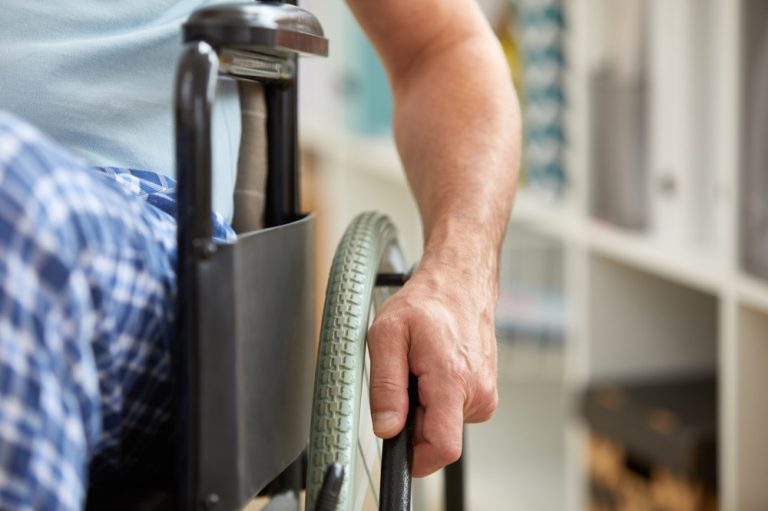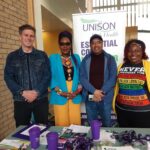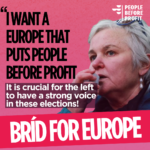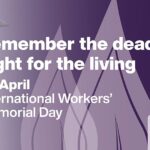These past months have been a strange and stressful time for our society and its people. We have had to adjust to new social norms which consists of social distancing and cocooning both to protect ourselves and our fellow citizens. During this pandemic, the measures that government introduced to fight the spread of the virus were extreme and tough but people were willing to do what was deemed right for our society.
As hard as it has been, groups that have suffered hugely during these emergency pandemic measures, include our disabled, those with long term illnesses and our elderly community. Services that are essential in the lives of these groups, have been abruptly halted and removed with very little warning or consultation. People received emails or letters advising them that their services were to be suspended for the foreseeable future and that in the case of an emergency to contact their local HSE offices. Many of these offices have been closed or at best have had their services reduced to the minimum. Essential staff providing care and supports to
our disabled, vulnerable and elderly community, were redeployed without the full implication of the impact this would have on people who are already reliant on these often minimal services. In some cases people who are reliant on home help supports for their personal care were abandoned in the hope that family members would take over this responsibility with very little if any consolation.
With the sudden removal of these essential services, our societies most vulnerable were left feeling abandoned, lonely and forgotten.
Lack of communication and direct engagement has been one of the major issues facing vulnerable people throughout this whole crisis. Many have yet to receive any information on when they will see the return of their vital services.
What we have seen throughout this pandemic is that people with disabilities, complex medical needs, the elderly and those on the margins of ours society are all but an afterthought for those in power. When new recommendations were made in realation to critical care provision and prioritising patient care, disability activists and disability rights organisations had to step in to get clarification and guarantees from government that all patients would be treated equally . This led to the rewording of the protocol so that those with complex medical needs or a disability would not be excluded from accessing critical care due to their condition. Imagine that, at the beginning of this pandemic families were left worrying that if their vulnerable or disabled loved ones contracted Covid-19, they might not be given equal access to life saving medical interventions. This all stemmed from a belief that after years of neglect and mismanagement of our public health care system by successive governments it would not be able to cope under the pressure.
If anything, this pandemic has shown us that our health service needs to be a fully inclusive and accessible public healthcare system, one that is based on patients needs rather than their ability to pay. We cannot have a healthcare system designed to enrich a small few elite individuals, or one that is geared towards investment funds whose priority is solely to their shareholders.
We should never allow the healthcare of our people, the healthcare of our children and the healthcare of our most vulnerable to be commodified and sold off to the highest bidder. As a human right no one person should have priority above another person for the best care just because their wallet is fatter. We should measure our success during this pandemic on how we have protected our most vulnerable, our elderly and our disabled communities. At this moment in time, that report card doesn’t look too healthy.
By Bernard Mulvany
People Before Profit Representative
Dublin Bay North












